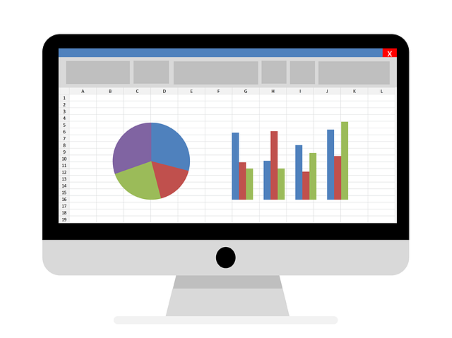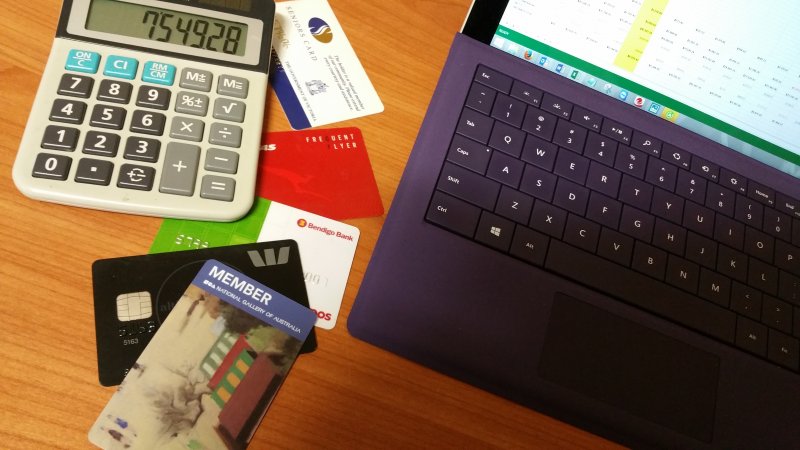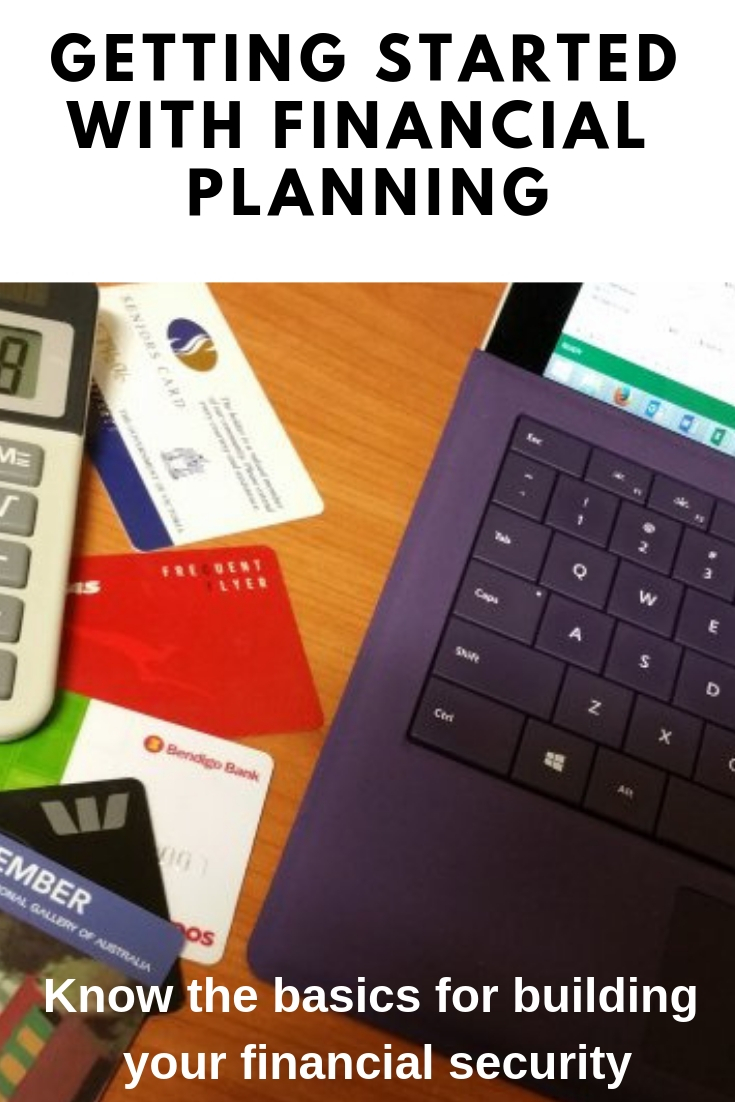Having at least some basic financial planning skils in place is essential to a satisfying retirement and we recommend you develop your personal investment plan. Here is an outline of how we went about this.
Alternatively, you could just win the lottery but “Hope is not a strategy” and so far that hasn’t worked for us! Putting aside that remote possibility, and no matter your current financial resources, you need to come to grips with financial planning for your retirement
Steps to developing your personal investment plan
Get your structures right
First, get good advice on legal entities and structures, legal requirements and tax implications. We had excellent advice from our accountants who are also self managed superannuation fund (SMSF) specialists.

Gain an understanding of basic financial planning
We started with a financial planner, thinking that we were simply going to choose some investments; it would be fair to say we put the cart before the horse. We chose not to follow all their recommendations, but it was a process through which we discovered how much we had to learn.
Know your investment style and set your own rules for your investment plans
We met with the financial planners together (good choice!); perhaps the most useful thing we learned from the planners was what our individual investment risk profiles were. This helped us negotiate successfully between ourselves on investment choices we were both comfortable with, e.g. ethical screens, potential returns and capital growth, industries, investment types and structures (trusts, bonds, tax implications ) etc.

One of our personal rules is to not invest in a sector or industry we don’t understand or that we know little about.
Decide what type of investment advice you need moving forward
We used several advisors and planners with varying perspectives; some we liked, some we didn’t, but we did learn from the experience. Having established the appropriate legal structures, investment vehicles and taxation positions, these days we largely make our own decisions about investment assets through our self-managed super fund (SMSF).
We rely heavily on our accountants, Drew Robinson, to ensure we get legal and accounting structures right and that our understanding of our position, tax reporting and auditing are impeccable.
When should you start your financial planning for retirement?
So … When do you start planning?
- The first planning question is what do you want your retirement to look like in terms of lifestyle, living, travel, location etc. and health considerations?
- Okay, there is a lot of crystal ball gazing in that, but having your expectations meet a future reality is a good incentive to ask yourself these questions.
Ask yourself these questions in developing your personal investment plan
What do I have now and where is that headed?
- If you already have super, personal investments, your own home and other assets etc., what might that look like (on current projections) when you retire? This calculator maybe useful.

How will I get to where I want?
- Is what you have already enough? Is there a shortfall to be addressed?
Will I have to work longer?
- I guess we are all asking ourselves, “what work, ‘til when?” The only way to figure that out is to start doing the sums. Whilst finding paid employment in our later years can be challenging, there are many opportunities for seniorpreneurs.
Do I need to make my assets work harder for me?
- Can I make them work harder? Selling off and reinvesting might be worthwhile as the return on your investments change. Sometimes an investment simply becomes more work than its worth, particularly if it requires constant management e.g. some real estate. Your time is worth money too. Again this is a personal decision based on your risk profile, your knowledge and the amount of time you have to manage your investment.
Know where your money is going now
Wherever you start your financial planning, you will be in a much better place than those who just don”t bother. Don’t let your apprehensions stop you from coming to grips with your current situation. Yes we do say retirement is about much more than money and that’s true – money is the means to an end not an end in itself – but it’s really nice to have those means at your disposal.

Starting with a budget and tracking where your current hard-earned goes, can also raise your eyebrows! This may also provide the impetus for some changes, one of the simple steps we took was to limit going out for coffee.
Read more here about our approach to putting together the pieces of the financial planning jigsaw.
Find tips here on saving for retirement
DISCLAIMER: This blog post is based on our personal experiences and does not constitute financial advice. Please check with your financial advisers and/or accountants as appropriate.
What financial planning options have worked for you, what questions do you have about this aspect of retirement? Does it fill you with apprehension or generate a sense of purpose?






